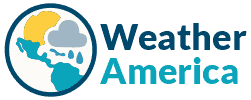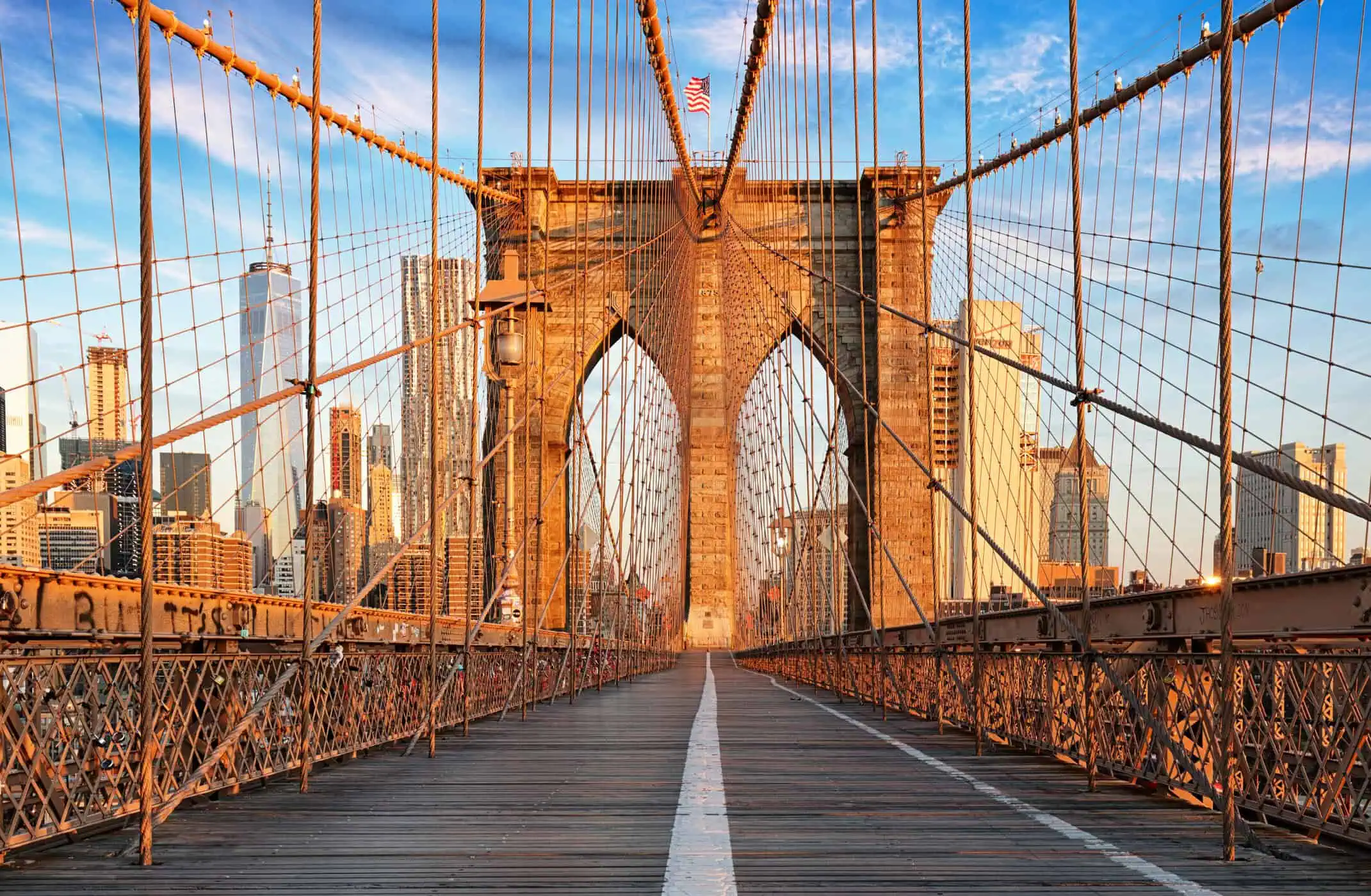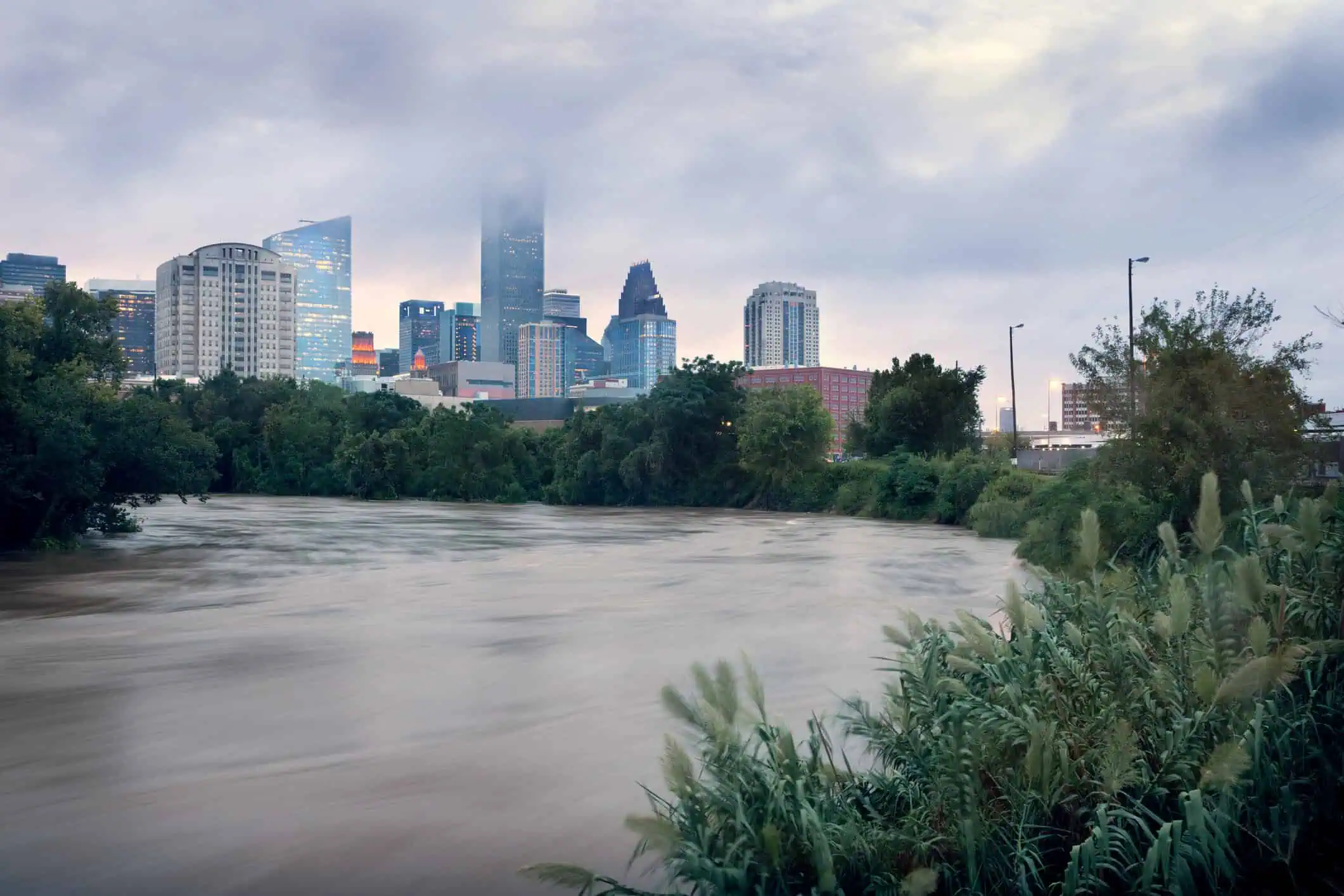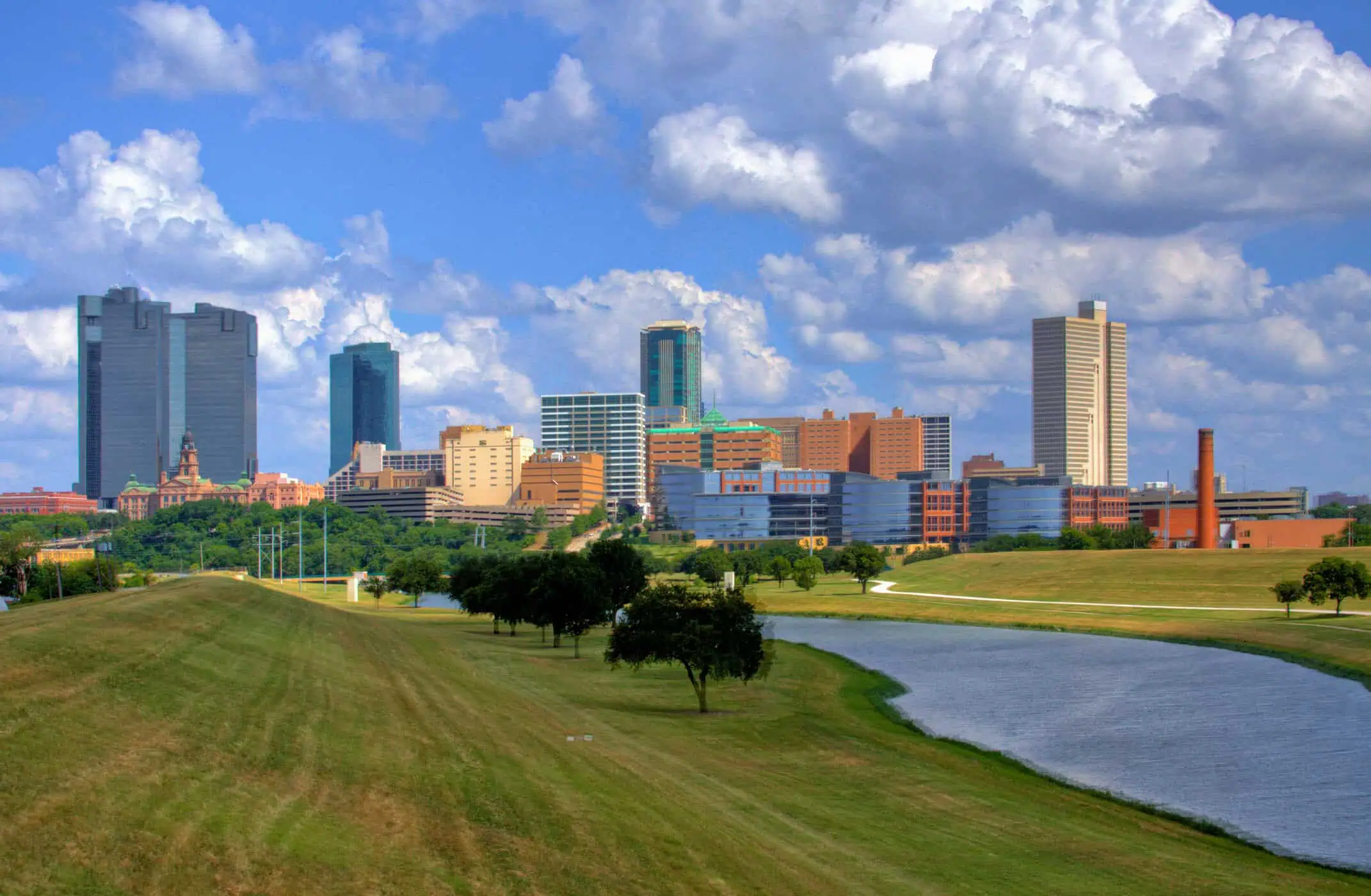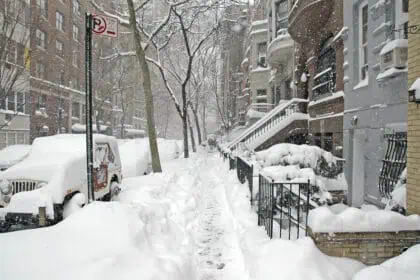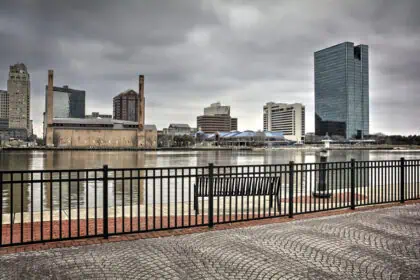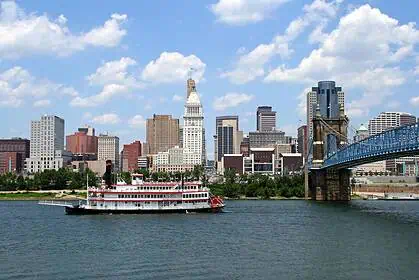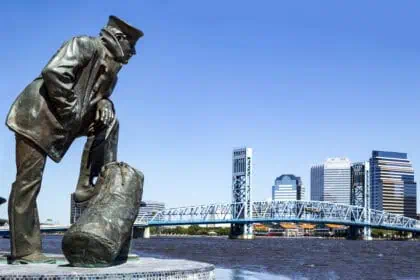New York City is bracing for extreme heat this Friday, with the heat index expected to make it feel like a scorching 105°F (40.5°C) by midday. Forecasters warn that this brief but intense heatwave could lead to serious health risks, especially for vulnerable groups.
According to Faye Marrone, a meteorologist with the National Weather Service, the city is entering what is typically the hottest stretch of the year, but this level of heat is still considered highly unusual.
“Temperatures will spike around noon Friday,” said Marrone, who noted that values over 100°F (37.7°C) on the heat index are not common for the region. She added that the intense daytime heat may trigger severe thunderstorms later in the day. “We’ll know more as the day progresses,” she said.
The incoming storm front is expected to bring some relief as the weekend approaches. By Saturday and Sunday, air temperatures should settle around the mid-80s°F (29-30°C), offering cooler but still warm conditions across the Five Boroughs.
In preparation, the New York City Emergency Management agency is activating its heat emergency plan, which includes opening cooling centers across Brooklyn, Queens, The Bronx, Manhattan, and Staten Island for residents who lack air conditioning. The city will also ramp up efforts to reach unhoused individuals, helping them get access to shelters and cool indoor environments.
Earlier this summer, emergency rooms across the city saw a noticeable uptick in heat-related visits. While many patients arrived with mild dehydration, others suffered from heat stroke—some hospitals even struggled to maintain cooling systems, leading to additional challenges in patient care.
Officials report that more than 500 New Yorkers lose their lives annually from preventable heat-related illnesses. A recent analysis from City Comptroller Brad Lander highlighted growing concern over climate-driven heatwaves and rising utility costs, noting that about 30% of city residents are unable to cover their basic energy expenses.
With temperatures soaring, utility companies are also warning of potential blackouts, advising residents who depend on electrically powered medical devices—like respirators or dialysis machines—to register in advance for emergency assistance notifications.
Local health professionals are stressing the importance of hydration and caution, especially for those who usually engage in outdoor workouts. The safest option, they note, is to rest indoors during the peak of the heat and avoid unnecessary physical exertion.
